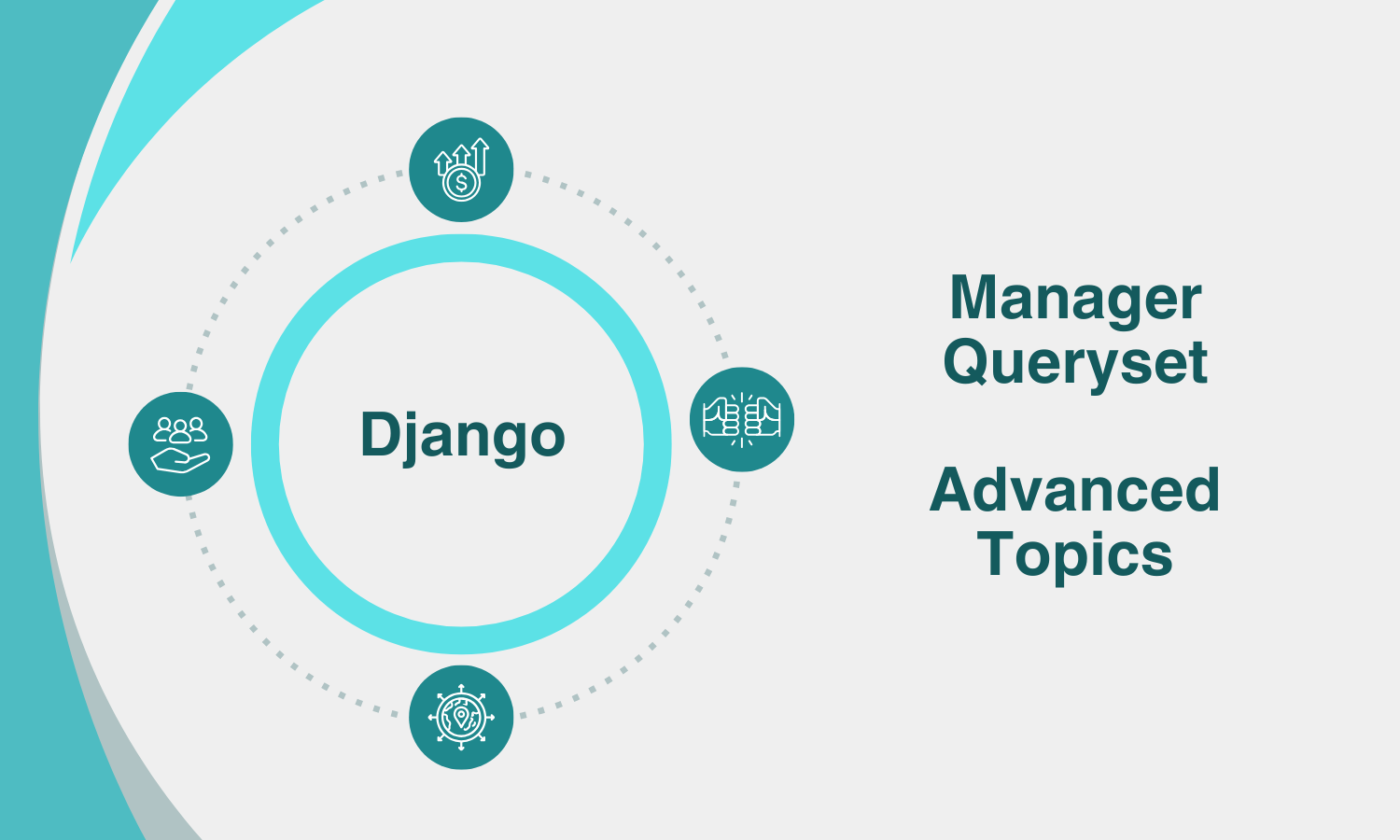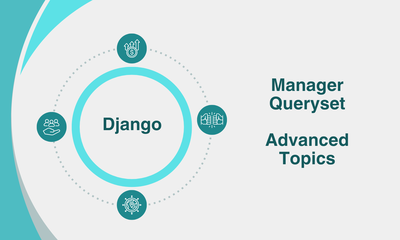By hientd, at: 14:52 Ngày 28 tháng 6 năm 2023
Thời gian đọc ước tính: __READING_TIME__ phút


By hientd, at: 14:52 Ngày 28 tháng 6 năm 2023
Thời gian đọc ước tính: __READING_TIME__ phút


Tháng 5 11, 2023
Đọc thêmTháng 5 04, 2023
Đọc thêm